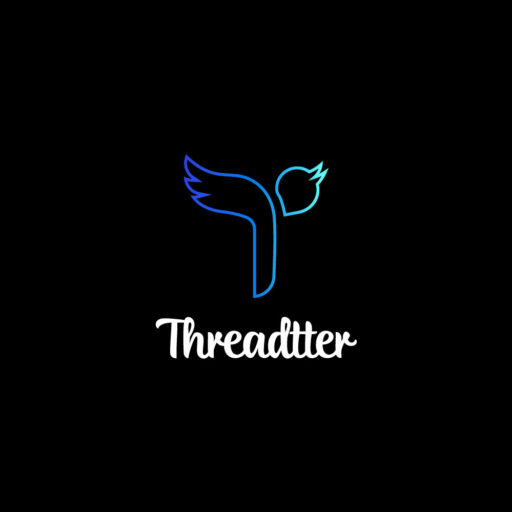The realm of technology has witnessed its fair share of rivalries, but few have been as persistent and public as the one between Mark Zuckerberg, CEO of Meta (formerly Facebook), and Tim Cook, CEO of Apple. Although their companies are titans in the industry, they represent fundamentally different approaches to user data and privacy, leading to a clash that has played out in public statements, product features, and even leaked internal discussions.
At the heart of the disagreement lies Facebook’s (now Meta’s) core business model: targeted advertising. Meta thrives by collecting vast amounts of user data and using it to create highly personalized ad profiles. This approach has fueled its meteoric rise but has also raised concerns about user privacy and data security.
Tim Cook, on the other hand, has positioned Apple as a champion of user privacy. Apple products prioritize user control over their data, with features like App Tracking Transparency giving users the option to opt out of app tracking across other apps. Privacy advocates have lauded this stance but criticized it by companies like Meta, which argue it hinders targeted advertising and innovation.
One of the most recent flashpoints in this ongoing battle came in Zuckerberg’s criticism of Apple’s privacy changes. He argued that these changes would stifle the growth of small businesses that rely on targeted advertising. Cook countered by suggesting that these businesses should focus on building trust with their customers rather than relying on invasive tracking practices.
This back-and-forth extends beyond public statements. In 2019, a leaked internal conversation reportedly revealed Zuckerberg questioning the effectiveness of Apple’s privacy features and their impact on user behavior. This highlights the deeper strategic concerns at play, with each company vying for dominance in shaping the future of the internet and how user data is handled.
The rivalry extends beyond words. Apple’s development of the Metaverse competitor ARKit can be seen as a direct challenge to Meta’s ambitions in virtual reality. Both companies are pouring resources into this burgeoning field, and their differing approaches to privacy are likely to continue playing a crucial role.
The impact of this rivalry is far-reaching. It influences how users interact with technology, the types of products developed, and potentially even the future regulations governing online data collection. Here are some potential consequences:
- Increased User Choice
Users might benefit from having more control over their data and the ability to choose how they are tracked online. This could lead to a more nuanced data landscape in which users can opt in to targeted advertising for specific services while opting out of others.
- Innovation in Privacy-Focused Advertising
Companies like Meta might be forced to innovate and develop new advertising models that are less reliant on invasive data collection. This could lead to a more ethical and sustainable advertising ecosystem.
- Stricter Regulations
The ongoing debate between Apple and Meta could pressure policymakers to implement stricter regulations on data collection and user privacy. This could lead to a more level playing field for all digital companies.
The rivalry between Zuckerberg and Cook is more than just a clash of personalities; it represents a fundamental disagreement about the future of technology. As these tech titans continue to battle it out, the choices they make will have a significant impact on how we interact with the digital world and how our data is used.


